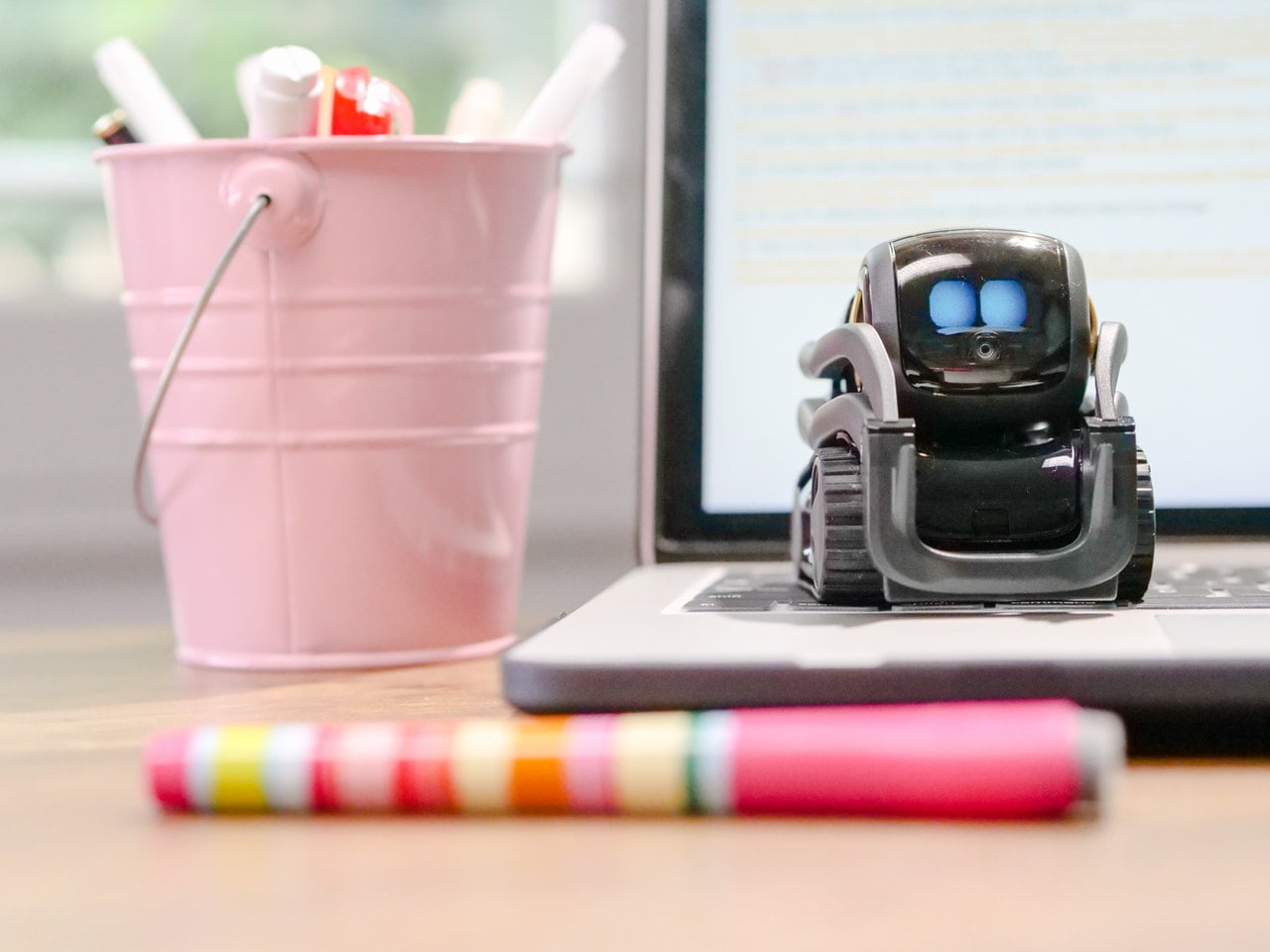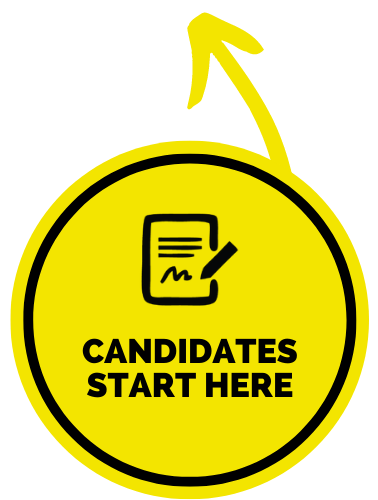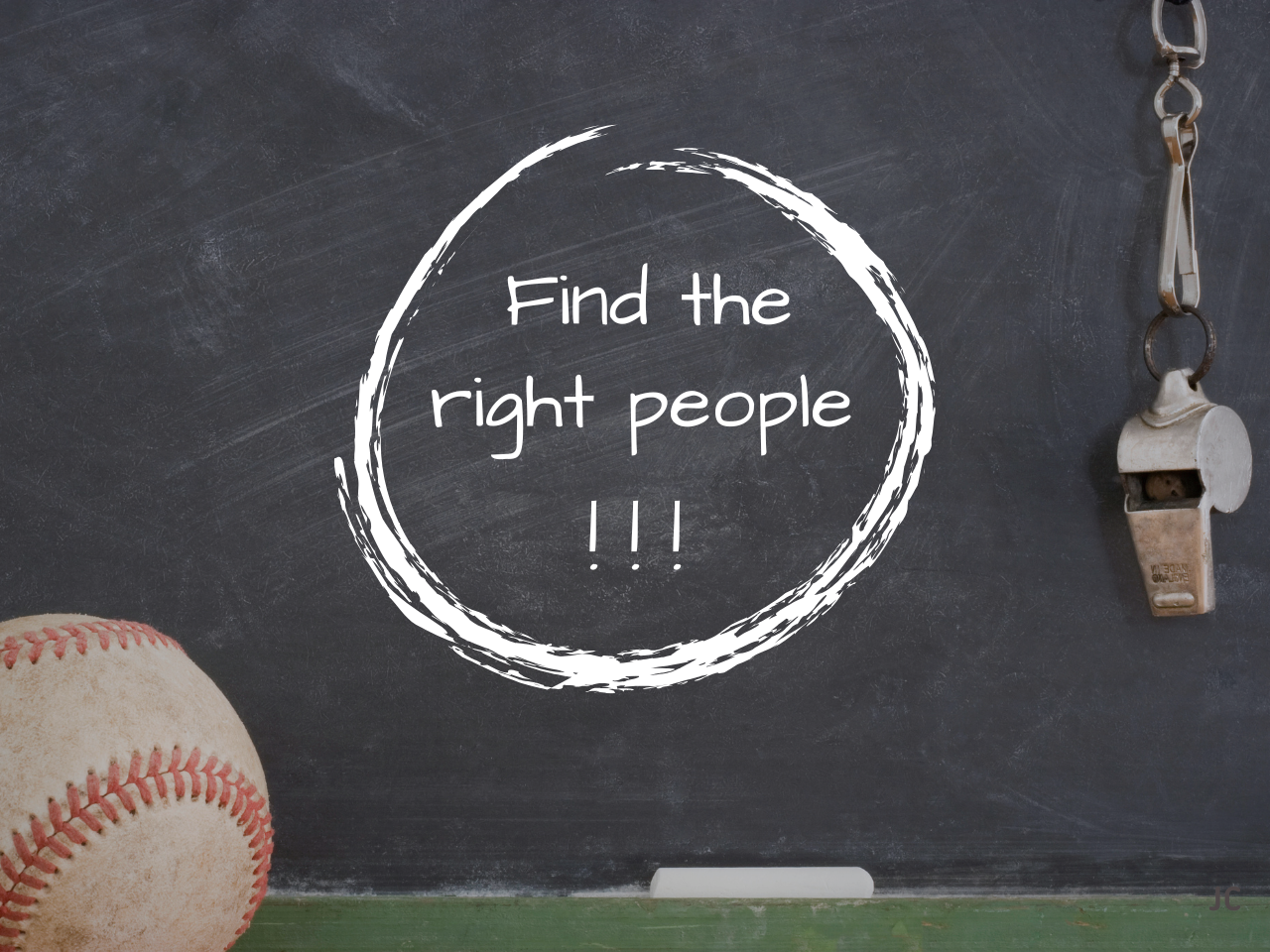
Over the past several decades, the nature of job-seeking has changed. Gone are the days of pavement-pounding and handing in your CV wherever possible. Now, almost all job applications take place online and this means that the pace of the hiring process has accelerated dramatically. To help with this, employers and recruiters are making increased use of AI (Artificial Intelligence). According to Towards Data Science, here are three ways that AI is helping streamline the job-seeking process.
1. Traditional hiring processes are becoming less effective – AI helps fix the issues
The hiring/job-seeking process takes time. Bad or ineffective hiring processes create negative employment experiences. The increased speed of online applications only exacerbates this. According to studies, about 65% of workers begin looking for a new role within 3 months of being hired.
AI helps both employers and job-seekers find ideal candidates and roles respectively. This means a quicker, more accurate hiring process, saving employers and candidates time and money.
2. It offers more long-term career success
Artificial Intelligence is paving the way for a smoother, more successful hiring process for job-seekers in the following ways:
It helps match you with the ideal role for you skillset
Intelligent automation in the hiring process helps you filter our roles not suited to your skillset. It also helps determine the qualities that will make you ideal for other roles. This means getting irrelevant roles out of the way and helping you focus on the ideal ones. In turn, this helps you find something that will suit your needs.
It helps match your with the perfect work culture
Similarly to how AI can help you look for roles ideal for your skillset, it can also help you find the ideal working environment. Whether you’re looking for the fast-paced challenge of a start-up, the consistency and structure of a corporation, or would prefer to work remotely, AI can help match you to the kinds of companies where you will thrive. This can help you avoid the disappointment of working in an office environment that wouldn’t suit your needs, making you more likely to want to stay.
It helps filter out hiring bias
Unfortunately, all human beings have internal and unintentional biases. While these need to be unlearned, having an algorithm that is impartial and based primarily on skills helps regulate and make the hiring process fairer. This means that the person best suited for the job gets the job.
It helps you find opportunities as an internal employee
Some AIs monitor employee success and progress. This allows it to make suggestions for training/development that could help you achieve your career growth goals. It can also highlight internal jobs that you could apply for. This means that you don’t have to focus as much time and energy on looking for growth opportunities.
3. Utilising AI allows employers to hire with integrity
By removing hiring biases, irrelevant skillsets, and candidates who won’t fit the company culture, it keeps the process as honest, fair, and accurate as it can be. This means that you can be more certain that it is a relevant and career-building opportunity than others. It makes your life easier by carrying out some of the filtering and weighing up of pros and cons you would otherwise have to do manually, saving you time and effort that you could be applying better elsewhere. And as AI is constantly growing and learning the more data and input it receives, you get to be a part of ensuring that the nature of hiring develops. This means that you also get to help future job-seekers find their ideal roles.
For more advice on job-seeking, be sure to check out some of our other great posts:










